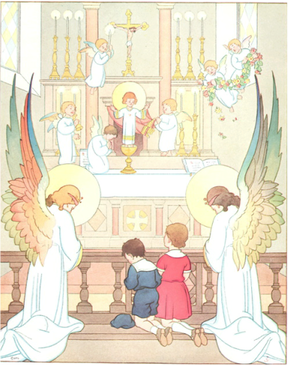
God has told us that we must be kind and charitable to everyone. However, there is usually one who is especially dear to us, one who we choose to spend our time with and to talk with. This person is our friend.
There are many people that we come in contact with in our daily lives, but no one has the influence and effect on our lives that a friend does. "He that walketh with the wise, shall be wise: a friend of fools, shall become like them." (Prov. 13: 20) St. John Bosco tells us to "fly from bad companions as from the bite of a poisonous snake," and he says, "With tears in my eyes, I beseech you to keep far away from such companions." "But how," asks St. Ambrose, "can bad companions give you the odor of chastity when they exhale the stench of impurity? How can they infuse into you the sentiments of devotion when they themselves fly from it? How can they impart to you the shame of offending God, when they cast it away?" These seem to be rather harsh words; but they are used by the saints, and in Holy Scripture to show us the great importance of choosing our friends. It is so important in fact that it is the common opinion of the saints that this choice can mean the difference between Heaven and hell! It is for this reason that the choice of our friends should be so carefully made.
The Sacred Scriptures tell us that "A faithful friend is a strong defense: and he that hath found him, hath found a treasure" (Eccles 6:14). A true and faithful friend is indeed a treasure; for, as St. Francis DeSales says, "It will be excellent, because it comes from God; excellent, because it tends to God; excellent, because it's very bond is God; excellent because, it shall last eternally in God." A true friend will be a good example to us. He will encourage us to obey our parents, to pray, to be honest, to avoid the occasions of sin, to progress in virtue, and to destroy our vices. Therefore, the greater our love for God, the greater this friendship will be.
I don't want you to think, however, that this friendship will be boring, and that all you will do is pray and read spiritual books. True friends will enjoy games, sports, and hobbies very much, as long as they are pleasing to God. they will enjoy lawful entertainments; such as baseball, checkers, shopping, woodworking, hiking, etc. Remember, the saints were not sad and gloomy people, on the contrary, they were joyful and pleasant, and they too enjoyed lawful entertainments. as a matter of fact they enjoyed them much more than false friends would, for true friends always do them with charity and honesty.
A true friend is also like treasure, in that it is very rare. They are hard to find; but when you find this best of friends you will know it, he will be like a glorious gift from God, a treasure from His Infinite Majesty. At times it may seem like we have no friends, but this is a time of trial that God sends us to unite us more closely to Him. Always remember that God is our very best Friend, and that He wants us to talk with Him and confide in Him as we would a very great and dear friend. God is, by His very nature infinitely greater than we are; and yet by His Incarnation and Birth, He asks us to become His friends. Our Lord gave us two great commandments when He was still on earth, "Thou shalt love the Lord thy God with thy whole heart, and with thy whole soul, and with thy whole mind. This is the greatest and first commandment, the second is like to this: Thou shalt love thy neighbor as thyself." (Matt. 22: 37-39) Remember these two commandments in their proper order and you shall be immensely happy both in this life and in the next.
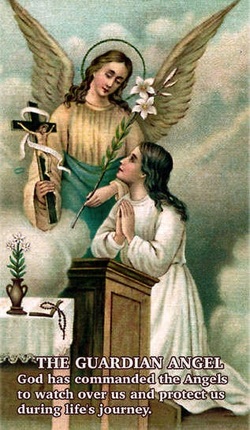
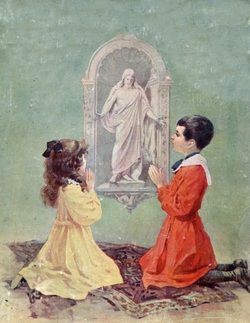
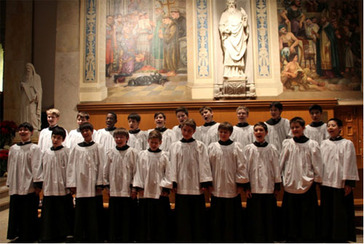
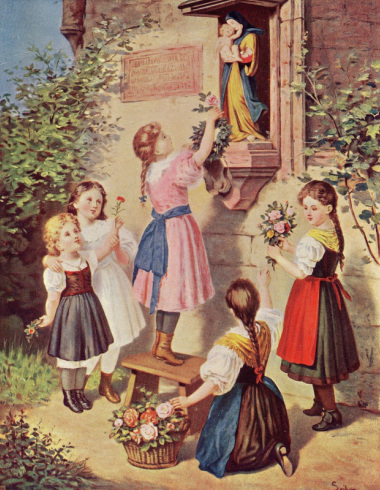
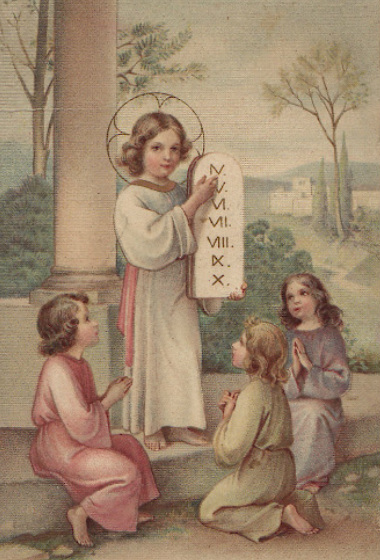
 RSS Feed
RSS Feed